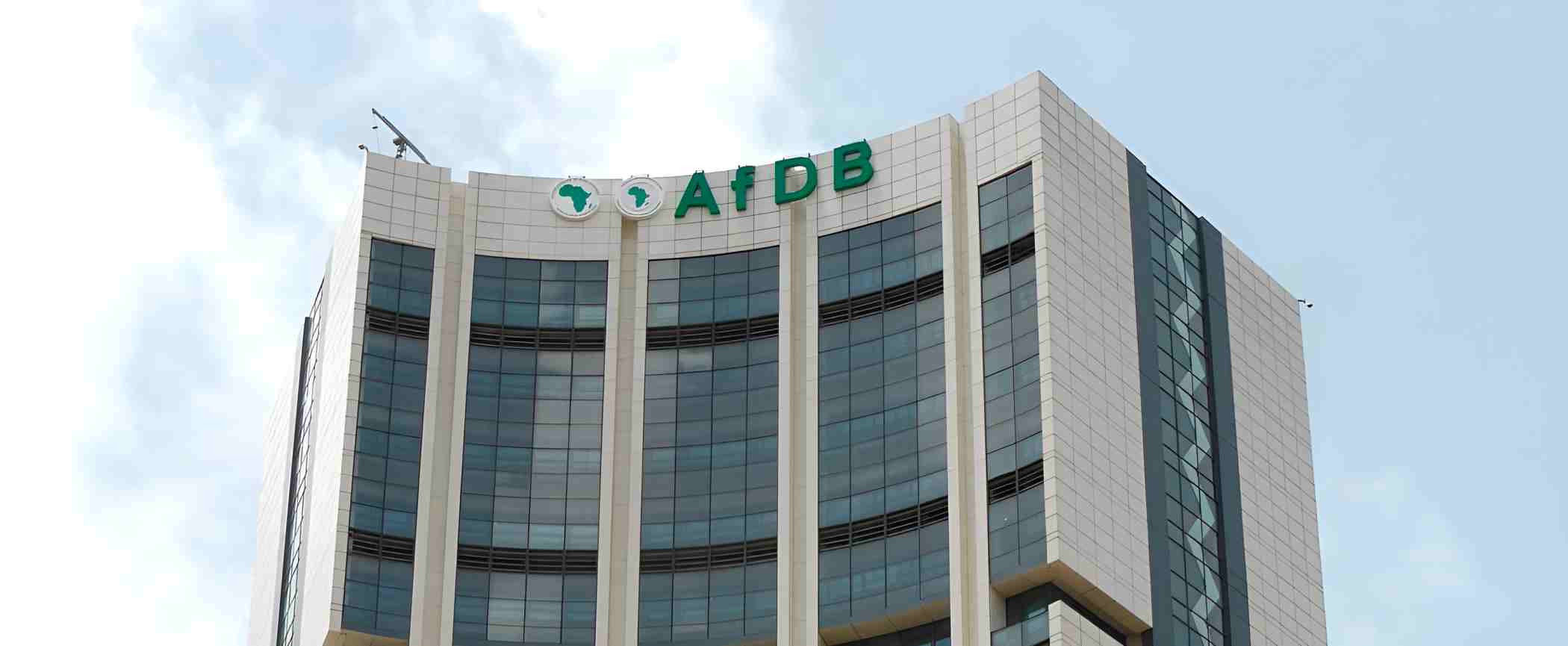AfDB flags high costs, unpredictable policies as barriers to investment in Kenya

According to the Kenya County Focus Report 2025, released this week, business capital growth remains restricted by a range of structural issues.
A new report by the African Development Bank (AfDB) has highlighted high electricity costs, expensive business registration, and weak institutional frameworks as persistent challenges deterring investment in Kenya.
According to the Kenya County Focus Report 2025, released this week, business capital growth remains restricted by a range of structural issues.
These include costly electricity currently at USD 0.15 per kilowatt-hour complicated and expensive business registration processes that account for 15% of Gross National Income (GNI) per capita, and widespread informality in the business sector.
The report further reveals that micro, small, and medium enterprises (MSMEs), which make up 75% of Kenya’s private sector and contribute 40% of the GDP, struggle to access affordable credit.
This is due to high interest rates, strict collateral requirements, limited financial literacy, and a lack of adequate banking services, particularly in rural areas.
The AfDB notes that state-run funds such as Uwezo and Hustler Funds are unable to sufficiently meet the rising demand for start-up capital.
The bank recommends expanding low-cost financing options, digitizing community-based financial models like table banking, simplifying regulatory processes, lowering operational fees, and enhancing awareness of funding opportunities to boost business capital.
Corruption, weak governance systems, and capital flight were also listed as significant impediments to investor confidence. The report pointed to ‘state capture’ and inefficiencies in the judiciary especially delays in resolving commercial disputes as factors that contribute to a climate of uncertainty.
“Kenya’s erratic tax regime further complicates the business landscape,” the report states, citing recent tax changes such as increases in capital gains tax and the introduction of levies on digital assets. The AfDB warns that these frequent shifts disrupt long-term planning and discourage investor commitment.
To foster a more stable economic environment, the lender urges the government to adopt measures such as mobile-friendly tax filing systems, reducing non-essential expenditures, and restructuring debt with more favorable, long-term concessional loans.
Despite the challenges, the report notes a moderate recovery in the economy. Kenya recorded a 4.9% year-on-year growth in the first quarter of 2025, driven by stronger performance in agriculture and manufacturing, according to the Kenya National Bureau of Statistics.
This follows a 4.6% growth in 2024 down from 5.6% in 2023 due to subdued industrial activity, limited investment, and adverse weather patterns. Inflation eased to 4.5%, while the appreciation of the Kenyan shilling supported a more accommodative monetary policy.
Looking ahead, the AfDB projects a more favorable outlook in 2025, buoyed by stable weather patterns, improving macroeconomic indicators, lower interest rates, and declining global oil prices.
However, it warns of potential setbacks, including reduced international aid, escalating trade tensions, and fiscal instability if tax reforms are rolled back or debt remains unsustainable.
To mitigate these risks and unlock growth, the bank advises formalizing the informal economy, scaling up digital tax systems, eliminating ineffective tax breaks, and promoting value addition in key sectors like agriculture, mining, and renewable energy.
Additional recommendations include expanding the credit guarantee scheme from the current KES 100 million to KES 5 billion, simplifying MSME regulations, and enhancing venture capital and fintech support.
The report also encourages deepening of domestic capital markets through green and SME-targeted bonds, alongside broader investments from pension and insurance funds.
Meanwhile, Kenya’s National Treasury has forecast the economy to grow by 5.3% in both 2025 and 2026, citing a more stable macroeconomic environment.
